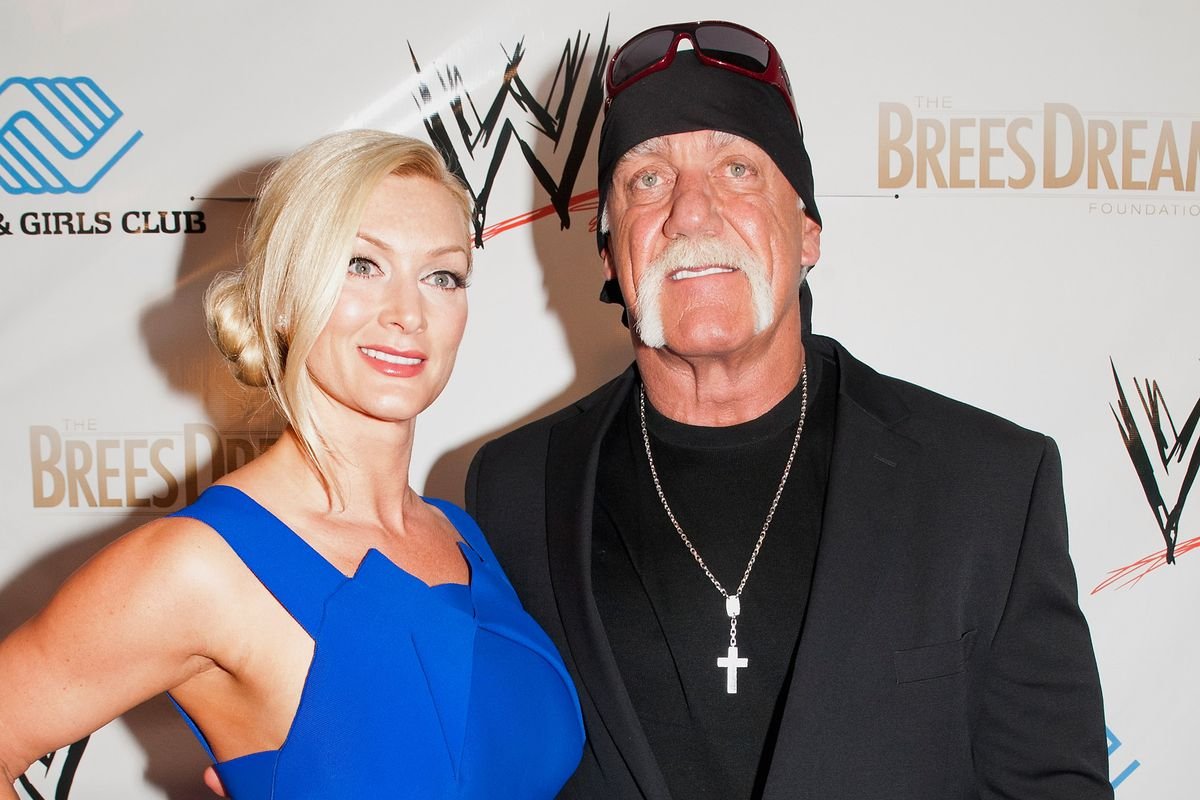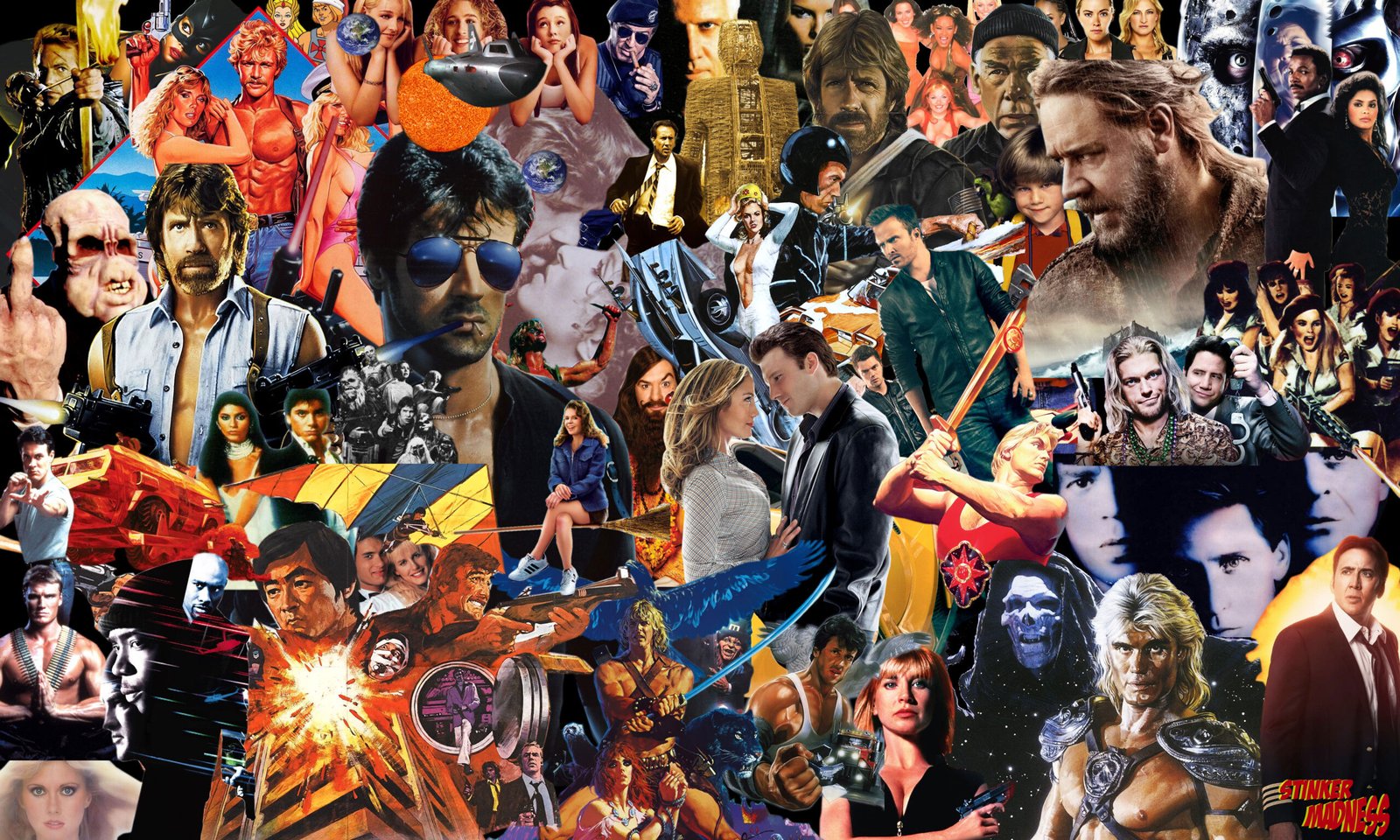Are Tv Shows Replacing Movies?

Are TV shows going to replace movies?
Well, looking at the list of films we have watched this past year, it was much shorter than previous years.
In fact, it’s been going on a steady decline these last few years. It’s not just because COVID made it harder to go to theaters. As sad as it is to admit for a film buff, something else has been slowly replacing it… TV Shows.
TV Shows are starting to replace movies as they are a go to form of entertainment for many of us. Typically, users prefer a longer runtime and episodic structure. Somehow making 6 hours of a show easier to watch than a 2-hour movie.
Thus, creators prefer creating TV shows as they have more creative control over them. This control over the product is something that is lacking in the self-imploding, sequel breeding, film industry.
Dustin Hoffman said it best in 2015,
“I think right now television is the best that it’s ever been, and I think it’s the worst that film has ever been.”
8 years later and it seems he’s even more right as television continues its stride in its longest golden age yet. Now it’s not that one form of media is better than the other as there is room for both. In fact, movies are still dominating the industry, but their level of dominance is on a decline.
It’s a difficult journey for movies to return to their glory days but they did come out on top once before after a previous TV golden age. So why would it be more difficult for movies to dominate again?
Movies VS TV Shows
1st Golden Age of TV
The first golden age of TV occurred between 1947 to 1960 with the most notable shows being “I Love Lucy” (TV Series 1951–1957) and “The Twilight Zone” (TV Series 1959–1964). Television sets were becoming a common household item. With TV shows adapting to their growing audiences.
Sadly, the golden age ended due to audiences getting older and plunged broadcasts. This turned the majority of TV shows to reality shows, news, and Hollywood stories.

During this TV golden age, viewers had less of a reason to go to the theaters for entertainment. To counter this, film technology pushed further to make must-watch films in theaters. They used better technicolor, new camera techniques, and even 3D.
That was surprising to hear, as 3D movies were popular in the mid-50s. This technique succeeded and continued. These must-see in theaters mindset WAY passed the TV golden age where we saw blockbuster films like “Die Hard”(1988) and “Robocop”(1987) dominate in the 80s.
2nd Golden Age of TV
The second golden age of TV started in 99’ with “The Sopranos” (TV Series 1999–2007) and we are still in it to this day. Just remember all the TV shows since then, over the past two decades they were the best that TV has ever offered. Shows like, “Breaking Bad” (TV Series 2008–2013), “True Detective” (TV Series 2014-), “The Wire” (TV Series 2002–2008), and so many more have dominated the audience.
TV shows are becoming diverse again, creativity is at an all-time high and budgets are starting to match that of film. Over the years we began to see popular film directors, writers and actors hop onto TV shows.
Yet again, they were giving audiences less of a reason to leave their house for entertainment. People began spending big on home entertainment systems, almost matching the experience you’d get in theaters.

On top of all of this, we entered the era of TV streaming wars where all these streaming services are competing with each other to provide the best and most convenient way to watch shows and movies at home. But these services have been prioritizing their TV series the most.
So now the question is, can movies and theaters do it again and bring audiences back?
Probably not since we’ve gotten used to the convenience of watching our entertainment at home. It has got to the point where a movie REALLY needs to be a must see in theater experience to reel audiences back in. It’s hard to predict the future but there just doesn’t seem to be much innovation left for film that would give it the edge this time.
Any new camera techniques and color would just carry over to the at-home experience as well. And it’s even more difficult for movies to get ahead when a lot of the creative minds have moved onto TV.
The only option movies have is doubling down on CGI and action. We see this working right now with “Avatar 2” (2022) where many are going to theaters for the spectacle alone. We saw the same thing with the massively successful “Top Gun: Maverick” (2022) which was definitely a must-watch in theaters.
But this doubling down is causing too many reboots, sequels, and superhero films to be released which ends up harming the industry more than it helps, something we’ll go over more later…
What Viewers Prefer? TV Shows or Movies?
In the end, it’s the viewers that are choosing to watch one over the other, so how is user preference changing to cause this shift? There are two reasons viewers are preferring the format of TV shows over that of movies.
Longer Runtime
A longer runtime has a few perks:
- More character growth
- More room to adapt
- Change themes
- Space for experimentation
But most importantly, the longer runtime gives audiences more of a reason to be invested. This is one of the reasons why people have a harder time watching a 2-hour movie than 6 hours of a show, they aren’t invested enough in the movie since it will end quickly.
The idea of committing to a movie’s plot just to leave it forever, 2-3 hours later gives viewers less of an incentive to commit to it in the first place. The argument for movies is that the point of entry is actually easier as you’ll get a complete story within a short period of time. This is quite the opposite view, so it will definitely differ from person to person.
But one thing’s for sure is that overall, people are preferring longer runtimes. We’ve even seen this with films where over the decades, movies have gotten longer and longer on average.
Episodic Nature
The episodic nature of TV shows also gives viewers the choice of how much they want to watch. In their minds, they don’t have time to watch a movie but would gladly opt in for a bite-sized form of entertainment with a 20 minute to 1 hour episode. This also makes a show a reliable and frequent source of entertainment.
You know what you’re getting into when turning on another episode and you know you’ll enjoy it. While with a movie you are often taking a gamble and might end up disappointed by wasting the time watching it.
TV shows being split into smaller portions also benefit from the dopamine driven culture that has been on the rise. Instant gratification has become a top priority for many… and shorter forms of media are excelling due to this.
More Time to Digest and Discuss Story
A TV series also gives the viewer more time to digest what they watched between episodes, especially if they’re released weekly.
It gives a chance to discuss with friends or on online forums what happened and what will happen whereas movies are very limited in their discussion potential. These episode releases can also become huge weekly events like with the end of “Breaking Bad” (TV Series 2008–2013) or most of “Game of Thrones” (TV Series 2011–2019).
But this, in the moment hype might actually shroud the true impact of TV shows in the long run…
What Creators Prefer? TV shows or Movies?
It’s not just the viewers that prefer TV shows more and more, it’s becoming more common for creators as well. We’re seeing Steven Soderbergh, Martin Scorsese, David Lynch, Spike Lee, David Fincher, and all other world-class directors take a shot at directing TV series.
It’s crazy seeing, when movies are known as the director’s medium where they have the most control. While TV is the writers’ and producers’ medium. We see the same writers and producers work on the whole show while directors are often swapped between episodes.
TV is for Writers and Producers
So, it’s fair to assume the jump to TV for writers and producers is even greater given how much more control they have over their creations. Nevertheless, longer runtimes also give these creators more possibilities in storytelling and the time to find an audience.
Although we keep mentioning the preference of TV shows over movies, more often than not TV shows are the only medium they can tell their stories with.
We think it’s pretty clear the film industry is run by one thing, money. And this economic approach to film has led to certain movies genres, types or budget ranges of films being greenlit most often.
We’ve got the low budget indie films hovering under $20 million and the high budget blockbusters, usually from well-known properties like superhero films and sequels, at $100 million plus budgets.
It’s rare you see those $40 – $60 million dollar movies anymore. Gone are the higher budget character-oriented films we used to see in previous decades like “The Truman Show” (1998), “Se7en”, “Eyes Wide Shut” (1999), “Forrest Gump” (1994), “Shawshank Redemption” (1994), “Notting hill” (1999), and this was just the 90s.
TV has Better Story Telling
This is where TV came in to pick up the slack and fill this void in storytelling that film has abandoned. The creativity and risks that lead to the films shown before have been completely alienated from modern studios where they’ll go for the easiest and safest profits instead. Films are seeing an increase in studio intervention that has creators fleeing to TV.
We mentioned that movies are more of a director’s medium, but it’s looking more like the studio’s medium. The film industry has grown stagnant and repetitive from this greed. And yes, the TV industry is also run by money, but due to how different TV shows and movies make money, films suffer more.
When you look at the highest box office grossers these days, it’s superhero movies, sequels, reboots, and animated films. Quite different from say 97’ where 26 of the 30 highest box office grossers where original films. And there’s a good reason for this.
A regular movie makes the most money during its theater run. They used to also make a lot in DVD sales but ever since streaming became big these figures have reduced drastically, fueling the repetitive releases further. Therefore, if the movie earns the bulk of its profit when audiences go buy tickets for it, the studios need to get audiences to the theater.
This can be done through trailers and familiar faces, but the biggest factor of what brings people to watch a film is the film itself on the surface level, the title and property.
Sure, making a great movie can pay off with praise spreading through word of mouth like we saw with “Top Gun: Maverick” (2022) recently, but this doesn’t always work. It’s the IP that sells it and why even some poorly reviewed superhero films still make pretty good money from their name alone.
TV Shows Must Keep Viewers Hooked
Now with TV it’s different. TV shows generate money by keeping the audiences entertained and hooked on watching new episodes. And this works for both TV networks and streaming services. The goal is to get the viewers to come back for the next episode.
Streaming services are at a war with each other because audiences are only willing to subscribe to one or two of them. So to keep audiences interested and coming back, they must maintain a certain level of quality and come up with new original ideas that will entice the viewer to stay committed.
With longer runtimes and an easier exit point, creators have to work even harder for this commitment. But by not being economically judged on a surface level, TV shows are given more flexibility in their storytelling as long as the quality is there.
This explains why TV shows are a lot more refreshing than films these days. They also have less rating restrictions as they have an easier time finding a target audience with all the different networks targeting different age groups.
On the other hand, movie studios have optimized their risk profit curves to almost never make high budget R rated films anymore, and this alone cuts out many of the stories that could be told…
But don’t worry… we’re nowhere near the end of movies.
All in All
This post might have sounded like we were trashing movies a lot but we still very much prefer them. There are many more great films out there than shows and we don’t feel TV has reached the highs that film has. They both can and will coexist, but how well each one does will be very dependent on the other.
So, what do you guys prefer to watch? Do you have different opinions than those in the post? We hope you found this post interesting,







5 Comments
[…] failure of certain young adult genre made TV series replace these movies genre with shows like “The 100” (2014–2020) “Shadowhunters” […]
[…] Related: Are TV shows replacing Cinema? […]
[…] Related: Are TV Replacing Movies? […]
[…] once the spotlight faded. It was a narrative shift from a caricature to a human being, proving that TV shows are effectively replacing movies as the place where we witness the most raw, character-driven dramas of our […]
[…] clock” element makes the show a masterpiece of suspense, proving once again that TV shows are replacing movies as the best medium for slow-burn body […]